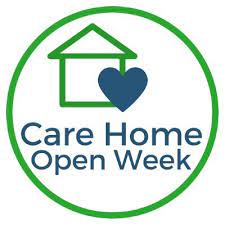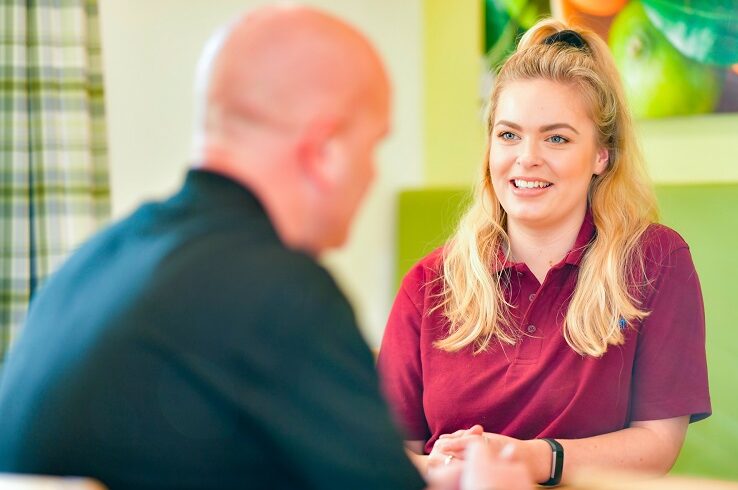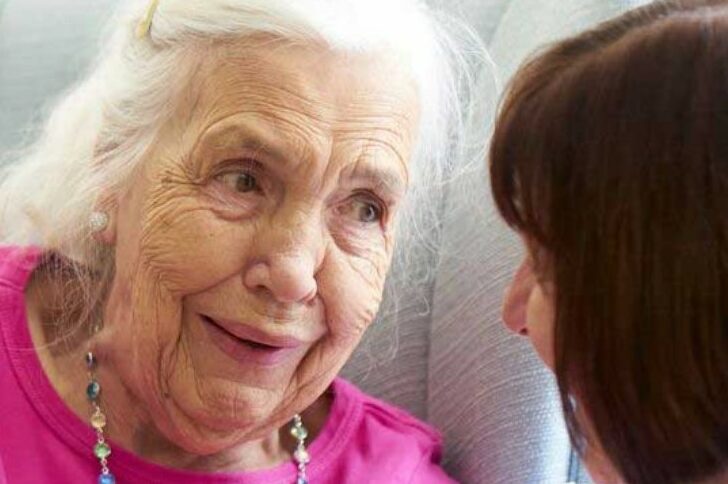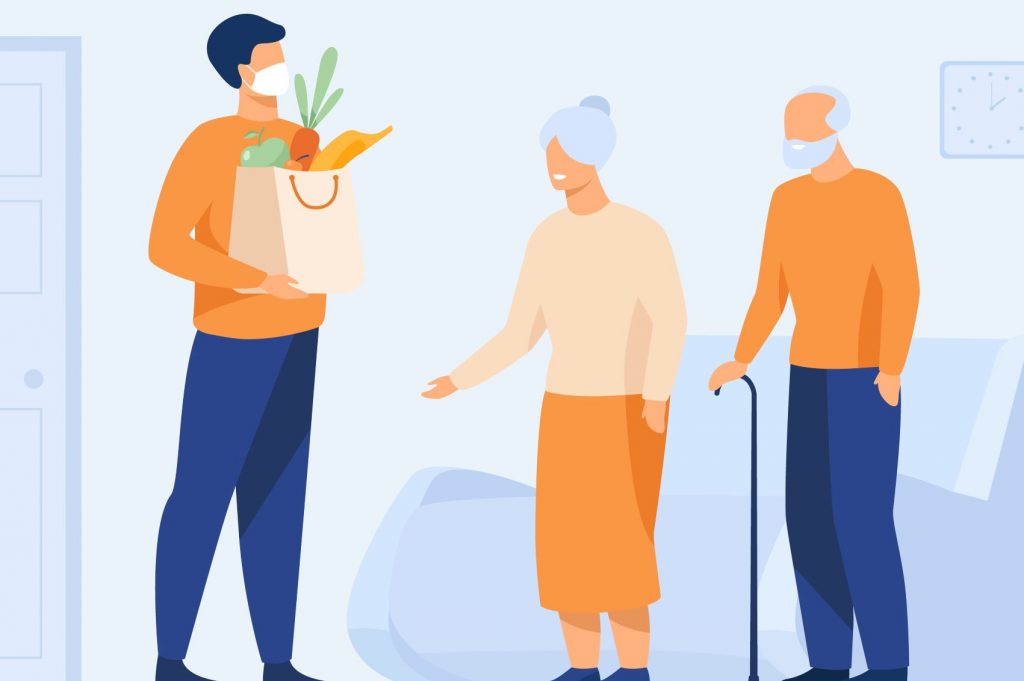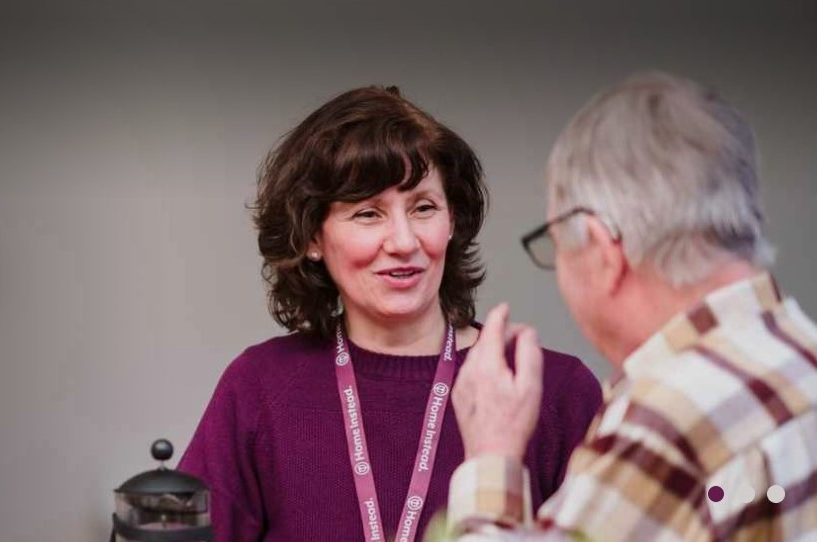Care and support
Andrew Reece, head of the integrated learning disability service for Camden Council, has always struggled with how the social care sector measures ‘what good looks like’, particularly in the context of supporting people with learning disabilities to make and sustain friendships. In this blog for DHSC's Social Care site, he proposes an alternative approach to …
If you’ve not come across DHSC's Regional Assurance team, its members act as two-way information sharers between the Department and local areas. They use their experience of the adult social care sector to provide informed assessments to the Department and the Minister for Social Care. They also provide opportunities for the sector to influence and …
For almost a decade, care home open days have seen care homes all over the country open their doors to families, friends and local communities. This year’s event, which takes place across a week (28 June - 4 July), has particular significance, providing an opportunity to reunite care homes with their local communities, while celebrating …
Developed by the NHS and then adapted for use in social care, a new infection prevention control toolkit has been launched to help all social care colleagues protect themselves and those they care for. It can be used to start a conversation and help you find the answer to the question: ‘What can I do …
In February 2021, the Commission on the Role of Housing in the Future of Care and Support published its first report – a policy discussion paper outlining the major issues facing accommodation provision for older people and setting out a vision for a better future, with some preliminary proposals the Commission had been exploring as …
To mark Huntington’s Disease Awareness Month, the manager of a dedicated therapeutic facility for men living with neurological disease and brain injury reflects on the journey of one man and the effects life changing conditions like his can have on individuals and those around them.
Like many of us, care home manager, Lesley Griffiths, could not have envisaged the enormous impact coronavirus would have on the care sector and our wider communities. Managing a large residential nursing home suddenly became a daunting task. Lesley shares fears, learning curves and hopes for the future.
Gil Chimon, a care home manager at dementia care specialist Vida Healthcare, discusses how visiting arrangements are working under the new guidance and expresses his hopes for the future.
Home Instead were among the first homecare providers in the UK to begin weekly COVID-19 testing of their staff. Karina Brown, managing director of Home Instead Bromley, shares initial experiences with the Social Care blog and the Department of Health and Social Care to help shape future workplace testing.
"If we want to reform the social care system it has to start with a wholesale shift in the way all of us, at every level of the system, view the very people who draw on services." TLAP's Clenton Farquharson returns to the Social Care blog with some positive musings on the future of social …


